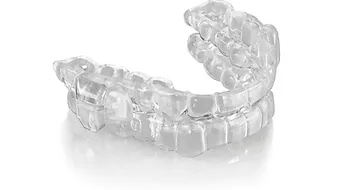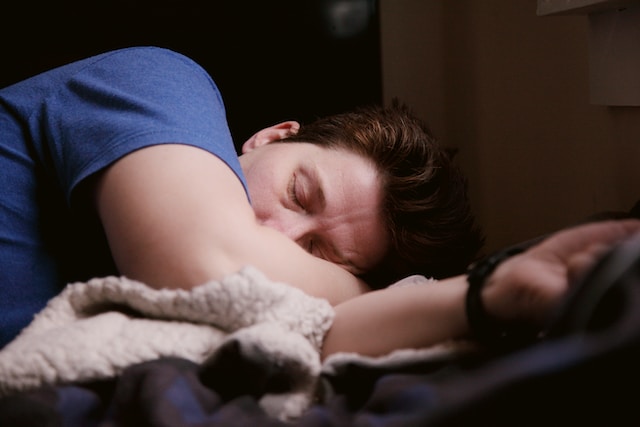Sleep Apnea
Book Appointment Now
Call For Emergency

Mail to Us
What Is Obstructive Sleep Apnea?
Obstructive sleep apnea (OSA) is a condition in which breathing stops involuntarily for brief periods of time during sleep. Normally, air flows smoothly from the mouth and nose into the lungs at all times. Periods when breathing stops are called apnea or apneic episodes. In OSA, the normal flow of air is repeatedly stopped throughout the night. The flow of air stops because airway space in the area of the throat is too narrow. Snoring is characteristic of obstructive sleep apnea. Snoring is caused by airflow squeezing through the narrowed airway space. Untreated sleep apnea can cause serious health problems such as:
- Hypertension
- Heart disease
- Stroke
- Diabetes
Proper diagnosis and treatment are essential to prevent complications.

Symptoms of Sleep Apnea
Sleep apnea causes episodes of decreased oxygen supply to the brain and other parts of the body. Sleep quality is poor, which causes daytime drowsiness and lack of clarity in the morning. People with sleep apnea may also experience the following symptoms:
Headaches that are difficult to treat
- Feeling disgruntled (grumpy)
- Forgetfulness
- Drowsiness
Other symptoms include:
- Hyperactivity in children
- Worsening depression
- Poor job and school performance
- Loss of interest in sex
- Leg swelling (called edema, which can occur when sleep apnea is severe)
Daytime drowsiness
Daytime drowsiness puts people with sleep apnea at risk for motor vehicle crashes and industrial accidents. Treatment can help to completely relieve daytime drowsiness caused by sleep apnea.
What Causes Obstructive Sleep Apnea?
There are several types of sleep apnea, but OSA is the most common. OSA is more likely to occur in older people and people who are overweight. Evidence shows that weight loss causes marked improvement in symptoms. Sleeping on your back can aggravate sleep apnea.
How does oral appliance therapy work to treat obstructive sleep apnea (OSA)?
For patients with mild to moderate obstructive sleep apnea, dental appliances or oral mandibular advancement devices that prevent the tongue from blocking the throat and/or advance the lower jaw forward can be made. These devices help keep the airway open during sleep. A sleep specialist and dentist with expertise in oral appliances for this purpose should jointly determine if this treatment is best for you.